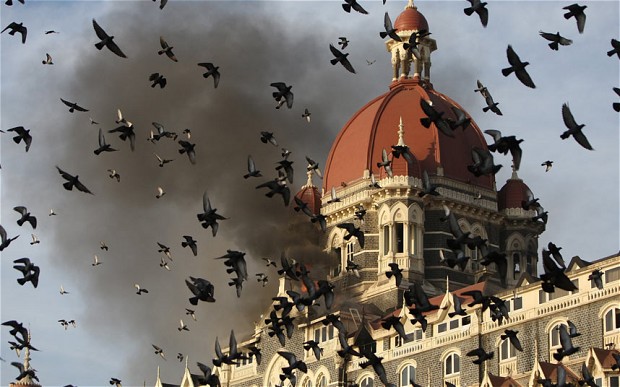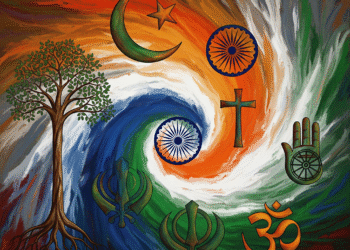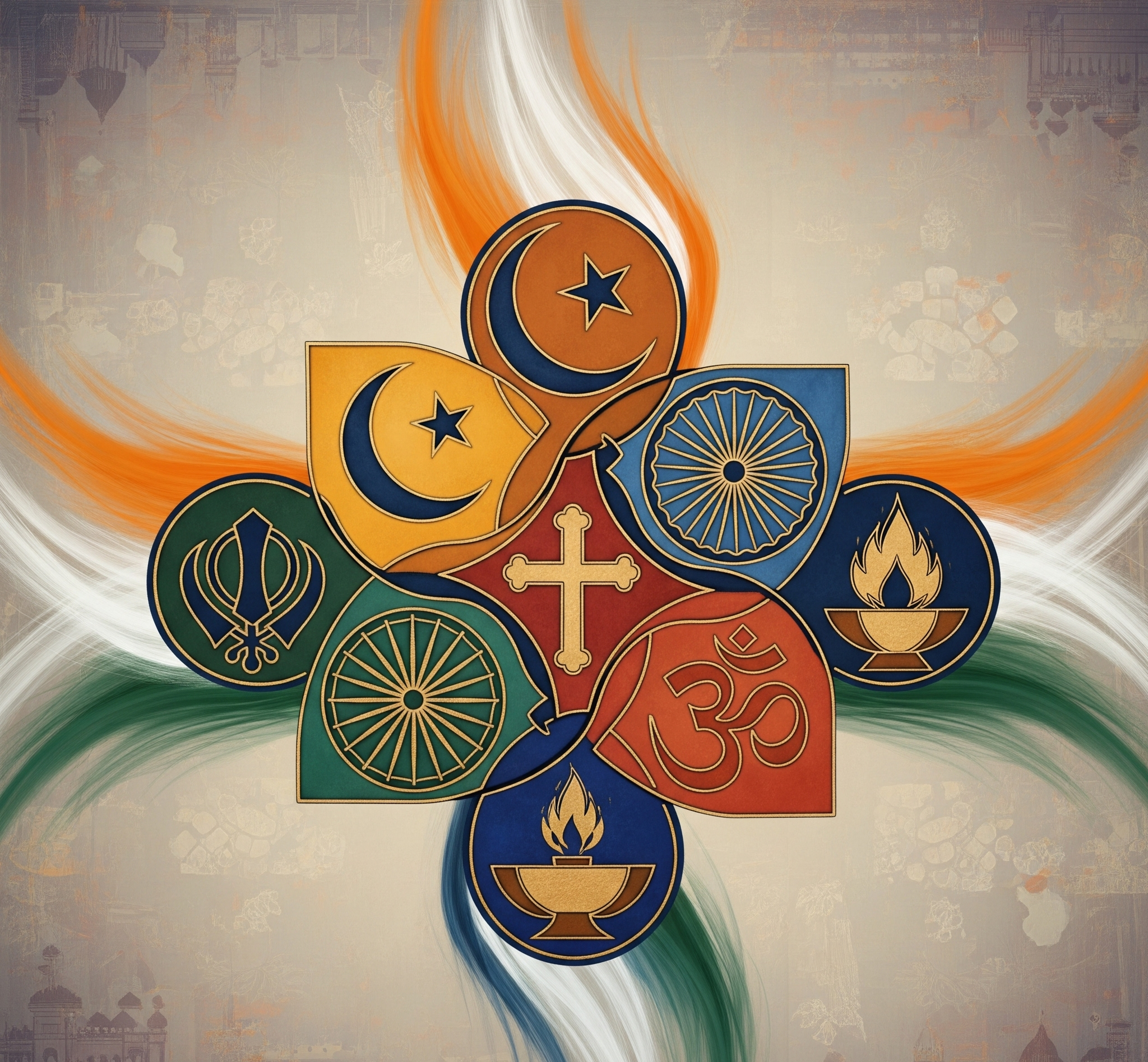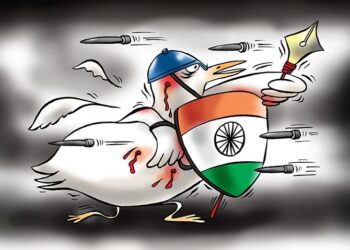The Mumbai nightmare is over, but the horror lingers on, and it will for quite some time. Our collective memory is not that short; how short, we’ll soon know. But for the time being we would cry hoarse asking for some serious action, and the journalists on television would go crazy declaring in thumping voices and emphatic, jerk-nods ‘enough is enough’. But the question that would grimly hang in the air thick with the stench of a freshly served tragedy is what do you do when ‘enough is enough’?
Bring the culprits to justice? Most of them are already dead. So, there are no living villains in the league of Osama. Hit back at the organization that masterminded the attack? It doesn’t matter because it’s just another ‘mujahideen’ name. Tomorrow there would be another ‘x’ Mujahideen wreaking havoc no less tragic. Toughen up with Pakistan? Despite its being our favourite whipping boy and despite our having mastered the use of ‘foreign hand’ theory, blaming our disturbed neighbour this time would yield nothing.
Certain ‘elements’ in Pakistan may have some involvement in the attack, but to blame it on the country would just not be right because blaming a nation is blaming its people, and that must not be done lightly. Even if, for argument’s sake, the involvement of ISI is conceded, the involvement of Pakistan does not naturally follow because anybody who has any understanding of today’s ISI knows that it is not fully controlled by Pakistan.
With time and political backing ISI became a virtually autonomous organization and gradually turned into a headache for Pakistan, which is why Pakistan went ahead and disbanded the political wing of ISI. So, ISI is not essentially Pakistan. Before one trains one’s guns on Pakistan with respect to Mumbai attack, one must understand that it could well be the reason or one of the reasons for the attack.
Improvement in Indo-Pak relations does not help the interests of many groups within Pakistan. A faction of ISI itself may find such an attack quite useful and the blame on Pakistan even more so. All it has to do is carry out a thinly veiled operation of this kind and let the Services be blamed. What happens? Indo-Pak relations turn cold again and a certain faction of the ISI gains relevance. When a weapon assumes an identity of its own, it starts thinking of its own survival. And a weapon is relevant and important only so long as the war lasts. Therefore, the interest of the weapon lies in the prolongation of war.
So, blaming Pakistan in such circumstances may not only be premature and hasty but also counterproductive.
First published on my WordPress Blog on November 30, 2008.
Photo Courtesy: The Telegraph





